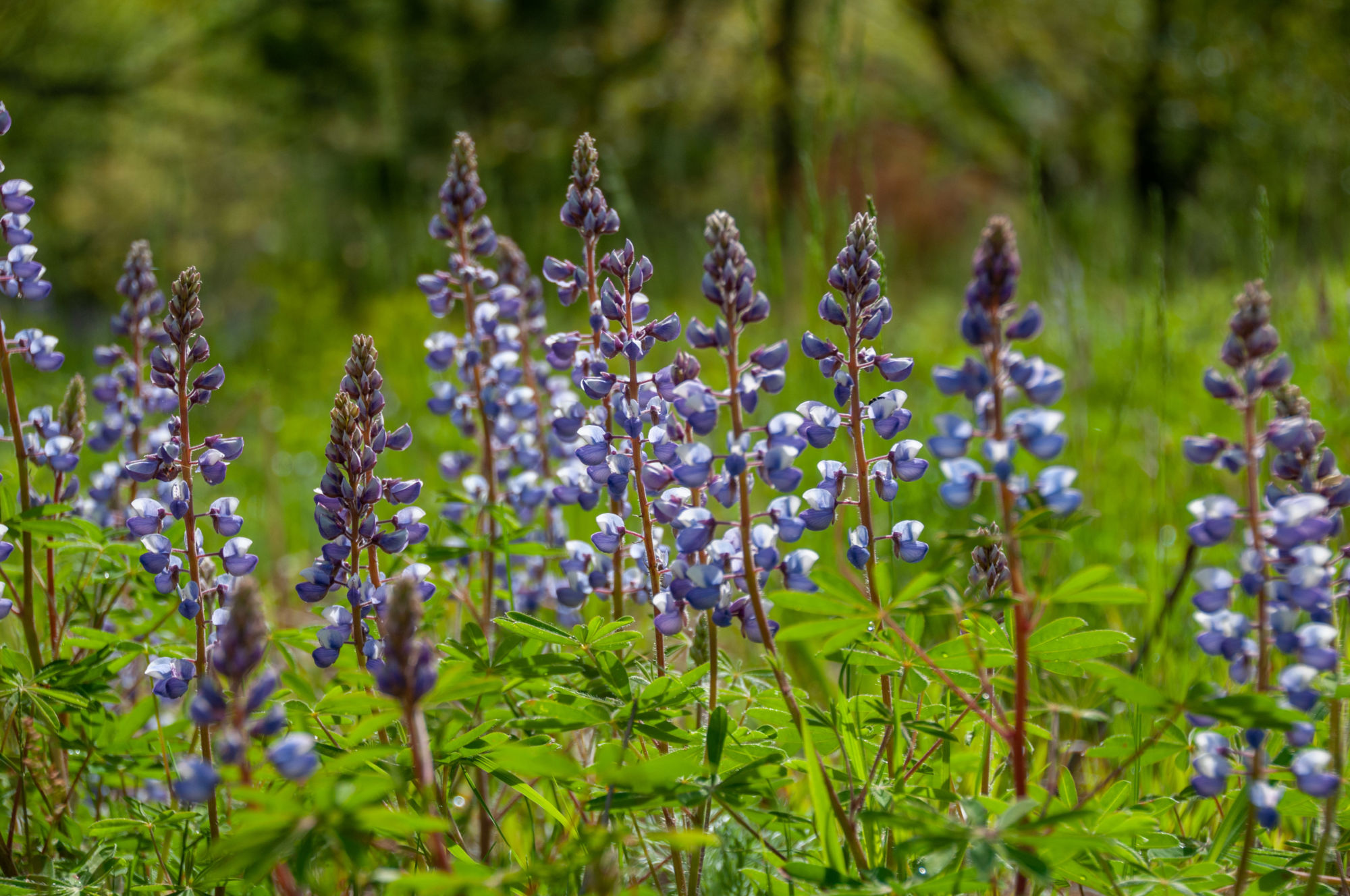
Joining forces to protect our resources
New project enlists Rogue River Tree Army to plant 31,000 trees
The Land Conservancy of West Michigan and Trout Unlimited have once again teamed up to protect and restore West Michigan’s watersheds.
 Thanks to a new Great Lakes Restoration Initiative grant from the U.S. Forest Service, the two organizations along with volunteers will be planting 31,000 trees and shrubs at 13 riparian and shoreline sites in the Lower Grand, Pere Marquette, White and Muskegon watersheds and along Lake Michigan.
Thanks to a new Great Lakes Restoration Initiative grant from the U.S. Forest Service, the two organizations along with volunteers will be planting 31,000 trees and shrubs at 13 riparian and shoreline sites in the Lower Grand, Pere Marquette, White and Muskegon watersheds and along Lake Michigan.
Once complete, the groups will have restored 87 acres of forest.
Trout Unlimited and the Land Conservancy have worked together for nearly 10 years to protect and restore the Rogue River Watershed. With overlapping missions, the organizations’ partnership is a natural one. Trout Unlimited is dedicated to protecting, reconnecting and restoring coldwater fisheries and their watersheds. The Land Conservancy and its partner landowners protect the landscapes that support the health of those fisheries and watersheds.
“Coldwater rivers and streams depend on healthy, natural landscapes to buffer them,” said Jamie Vaughan, project manager for Trout Unlimited. “The protection efforts of the Land Conservancy are one of the most powerful tools we have to protect these important fisheries. Another tool we have is reforestation.”
That’s where the Rogue River Tree Army comes in. The idea was inspired by the Civilian Conservation Corps, also known as “Roosevelt’s Tree Army,” which in the 1930s put millions of men—unemployed as a result of the Great Depression—to work planting billions of trees. Vaughan and Nick Sanchez, the Land Conservancy’s conservation easement stewardship specialist, imagined what a tree planting effort would look like on a watershed scale.
With the help of a grant from the U.S. Forest Service, the Rogue River Tree Army was born. The group has since planted over 17,000 trees along rivers and streams throughout the Rogue River watershed, providing shade, woody debris, streambank stabilization and stormwater uptake for this important trout fishery just north of Grand Rapids.
“At first, the Tree Army was nothing more than a concept on paper, but with concerted efforts to build momentum over the last two years, we now have an ‘army’ of landowners, volunteers, agencies, nonprofit partners, local businesses and work crews who make up the Rogue River Tree Army,” Vaughan said. “We are proud of and grateful for everyone who’s been a part of the Rogue River Tree Army and helped spread the word to inspire others across the state and country to plant trees in their home watershed.”
The new project will expand the Tree Army’s work and its associated benefits to the three focal regions the Land Conservancy identified in its Strategic Conservation Plan. These regions hold the best opportunities to support biodiversity, water quality and the long-term resilience of West Michigan’s native plants and wildlife.
The 31,000 trees and shrubs will be planted on select nature preserves and conservation easement properties protected by the Land Conservancy. The plant species have been carefully selected to meet a number of criteria to ensure their success—from how likely they are to be browsed by deer, to how likely they are to thrive in warmer temperatures caused by climate change.
“Climate change is already favoring certain species over others,” Sanchez said. “We selected species based on their modeled projections by the Northern Institute of Applied Climate Science, which includes many that are at or near the northern end of their natural range here in West Michigan, such as tulip poplar, eastern red cedar, hackberry, pawpaw, sycamore and shagbark hickory.”
Planting trees that are predicted to gain suitable habitat here in the future may help establish forests that are more resilient to the effects of climate change—such as drought, milder winters and pest outbreaks—which will allow them to thrive and provide their many benefits for birds, wildlife and, of course, fish.
The Rogue River Tree Army project has potential to take more than just the tree-planting page from the Civilian Conservation Corps book.
“Roosevelt’s Tree Army was much more than a Depression Era public works project; it leveraged the power of the outdoors, demanded teamwork, bolstered confidence, built skills and restored a sense of national pride when it was at an all-time low. While our current projects will plant a small fraction of the billions planted by the CCCs, the strategic, climate-informed approach will leave a legacy for West Michigan’s lakeshore and wild rivers and inspire others to take action,” Sanchez said.
“Conservation projects have the power to inspire the American spirit and remind us who we are and what we can do together as we face the pandemic, the climate crisis, and deep-rooted social injustices.”
Images courtesy Jaime Vaughan






Daryl Ayriss
Thank you for your great work